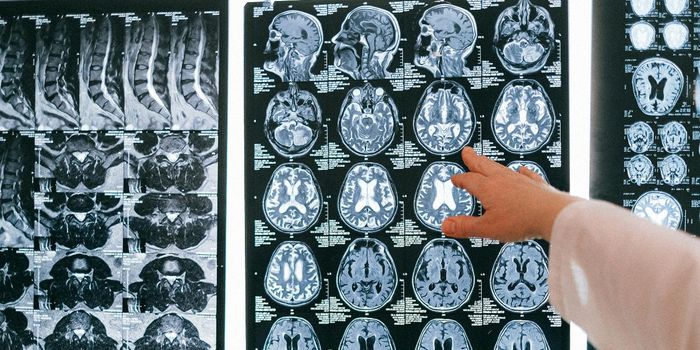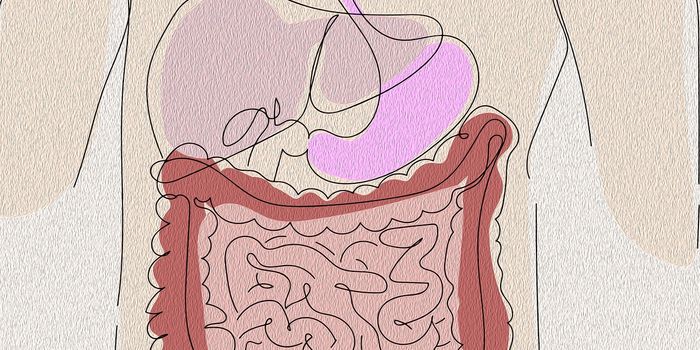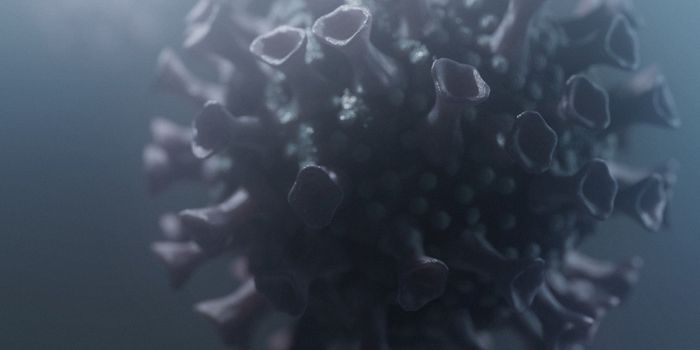Dealing With A Paralyzed Immune System
In discovering a new pathway between the spinal cord, adrenal glands, and the immune system, scientists from Charité - Universitätsmedizin Berlin have realized just how important it is to protect brain injury patients from infectious diseases during recovery, an understanding that was, until now, “rudimentary at best.”
Whether due to stroke or trauma, injury to the nervous system has a “paralytic” effect on the immune system as well, thanks to what researchers are calling a “two-stage pathological reflex arc” that connects nerve pathways in the spinal cord, adrenal glands, and the immune system. The “paralysis” of the immune system leaves already weak stroke and trauma survivors vulnerable to things like pneumonia and urinary tract infections, hinders nervous tissue regeneration, and impedes the progress of stroke or trauma survivors attempting to recover.
Lead researcher Dr. Harald Prüß was aware of the direct interaction between nerve pathways in the spinal cord and immune organs, but a different connection would steal his interest.
"To our surprise, we found that the disruption of immune organ function does not occur as a result of this direct connection; instead, it is the result of an immune system dysregulation which affects the entire body,” Prüß explained.
Prüß instead looked at adrenal gland hormones that become involved in an indirect path leading to interactions with immune cells, ultimately resulting in devastating immune cell death. Connected to the death of immune cells, researchers found, was that damaged nerve tissue, either from trauma or stroke, causes dysfunction in the adrenal glands in the first place.
The result of changing hormone levels from damaged nerve tissue severely decreased the number of T and B cell precursors along with other immune cell types. In addition, researchers saw a drastic reduction in size of several immune organs, including the spleen, thymus, and lymph nodes.
In attempt to repair the damage done to the immune system, researchers experimented with “deactivation” of the adrenal glands in mouse models. This returned immune cell levels back to normal but failed to protect the mice from infection. However, transplanting healthy adrenal tissue into the affected mice did provide protection. This is because this tissue can produce necessary hormones without being under the influence of the nervous system control mechanisms that are malfunctioning, researchers say.
This study emphasizes the importance of monitoring the health of the immune system in addition to the nervous system with people recovering from strokes and brain and spinal cord trauma. This is something that might not seem important at the time, but bacterial infections that take advantage of a weakened immune system are a serious concern and need to be addressed.
The present study was published in the journal Nature Neuroscience.
Source: Charité – Universitätsmedizin Berlin









